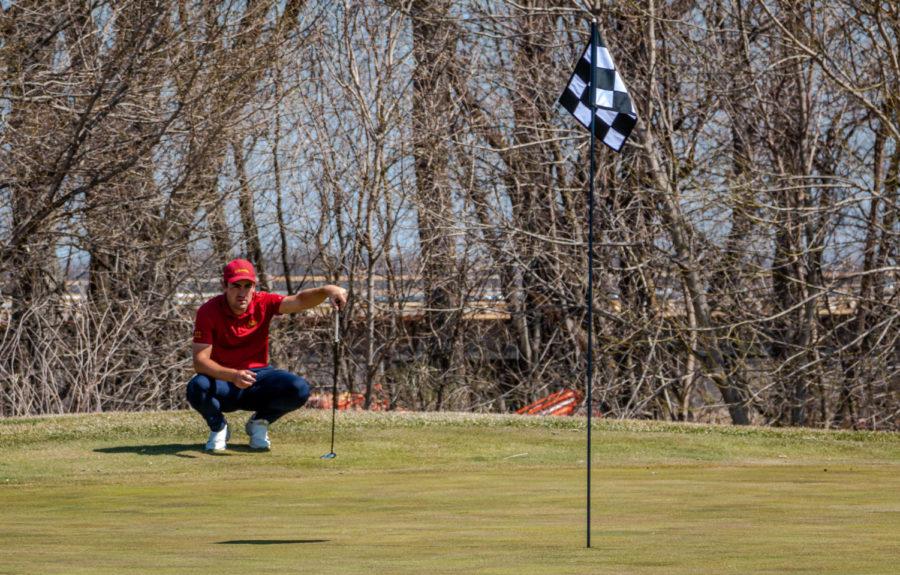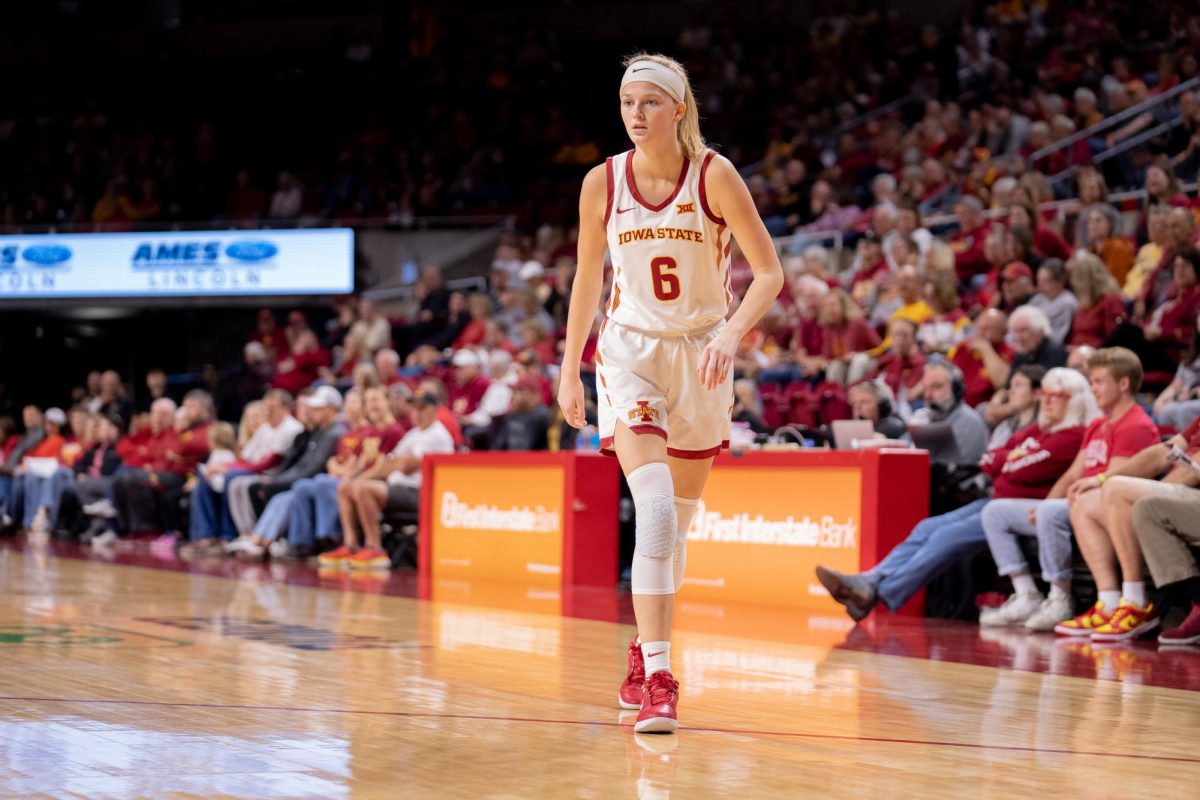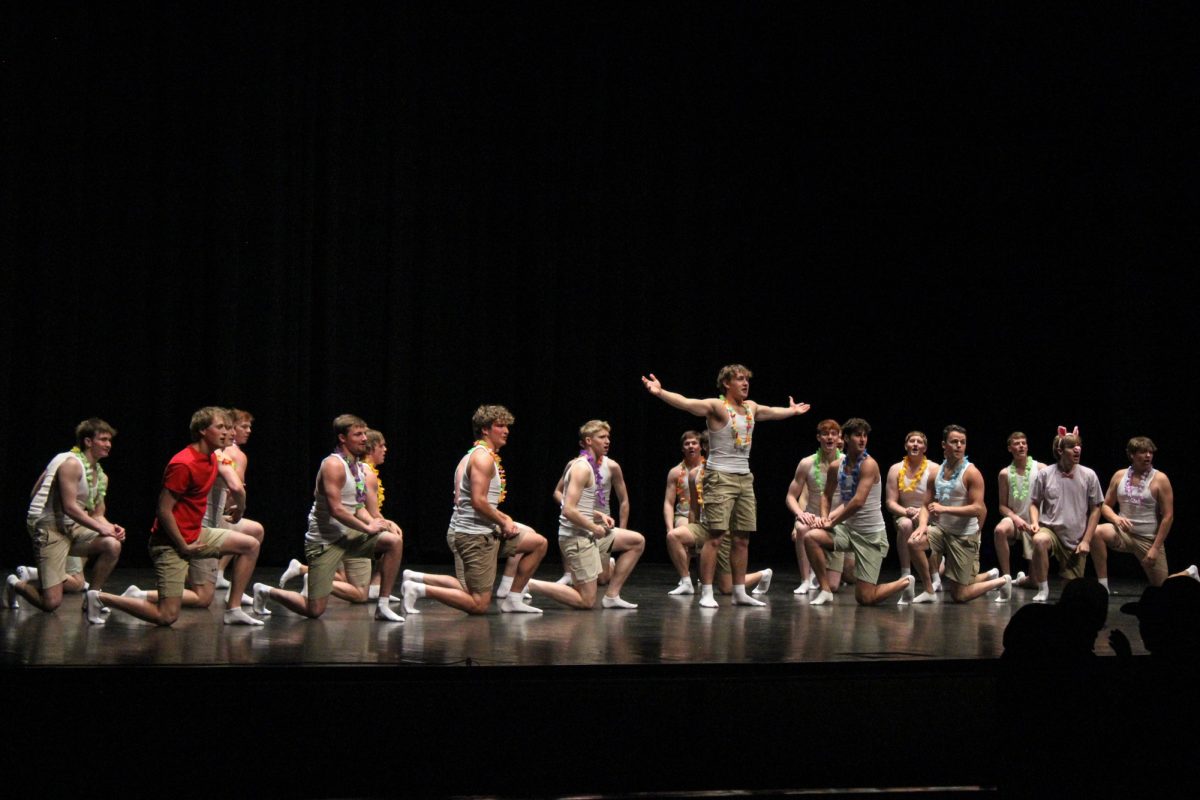Talk dirty, use the words you know
September 7, 2010
Those who know me well know that I have a colorful vocabulary, to use a tired euphemism. I’m a potty mouth worthy of an Orbitz gum commercial, and I’m entirely unapologetic.
There are some burly-boned, urchin-snouted barnacles out there who regard my use of the English language with a strong distaste due to my constant explicit interjections. In the professional world, in fact, these words have the potential to get me in a great deal of trouble, and as such, I avoid them out of necessity.
I don’t understand this point of view. It’s frustrating. It [expletive deleted] up my rhetorical thinking process and destroys creativity.
There are certain words people object to more than others; certain words that just seem to press peoples’ buttons and get society’s collective panties in a bunch. I understand this. What I don’t understand is how these words were branded with the mark of the beast.
Let’s take a look at our various synonyms for dookie. There’s one in particular that people just don’t like, but a thousand that are just fine for everyday consumption. If I called my “colon cannonballs” the infamous “s-word,” this column wouldn’t be published. That’s crap.
Speaking of the word crap, which is perhaps the second most offensive name for “butt nuggets,” what is it that keeps it cleaner than the big S?
The answer is in the perceived historical significance of a man named Thomas Crapper. This is, somewhat coincidentally, the man often, mistakenly, credited with the invention of the toilet. Although his name is actually not the origin of the word, his name makes “the crapper” an acceptable name for a toilet, and there’s just a short jump left to the “dookie-dogs” themselves. However, the woefully unassociated s-word gets the shaft.
Other swear words have equally humble origins; The F-bomb is directly derived from a Germanic word, as are other words of similar reputation.
The fact of the matter is, I can’t think of a single “diaper diddling” thing that makes that certain collection of four letter words more offensive than others, save the associations we’ve given them. These words have been stigmatized as taboo simply because we, as a society, have said so.
Granted, this is not necessarily true of every swear word — some, like the “n-word” are words which, from their outset, have been used solely to belittle or insult. But that constitutes a very small portion of our most hated word list. The rest of these words have been unfairly persecuted.
As if the total lack of rhyme or reason with which these words were branded isn’t enough, the avoidance of certain words “sexually intercourses” us all over.
The Oxford English Dictionary lists about 180,000 currently used basic words in the English language, not counting obsolete words still listed. Compare this to French, which has about 100,000 words, or German, which has about 130,000 to 150,000 basic words; albeit these can be combined to create perfectly acceptable compound words. Point is, English has a larger vocabulary than any western language. We have an incredibly flexible language, and we would be doing it a disservice not to use every “gosh-darned” one we can. If the shoe fits, wear it.
So there it is. There’s no reason we should limit ourselves in the vocabulary we use from day to day; other than we as a society have agreed that certain words are never to be spoken. It’s arbitrary, it’s lacking reason, and it’s pretty much stupid. We all know the words, their meanings and their more colorful uses, so let’s use them, you ill-breeding boar pigs.






